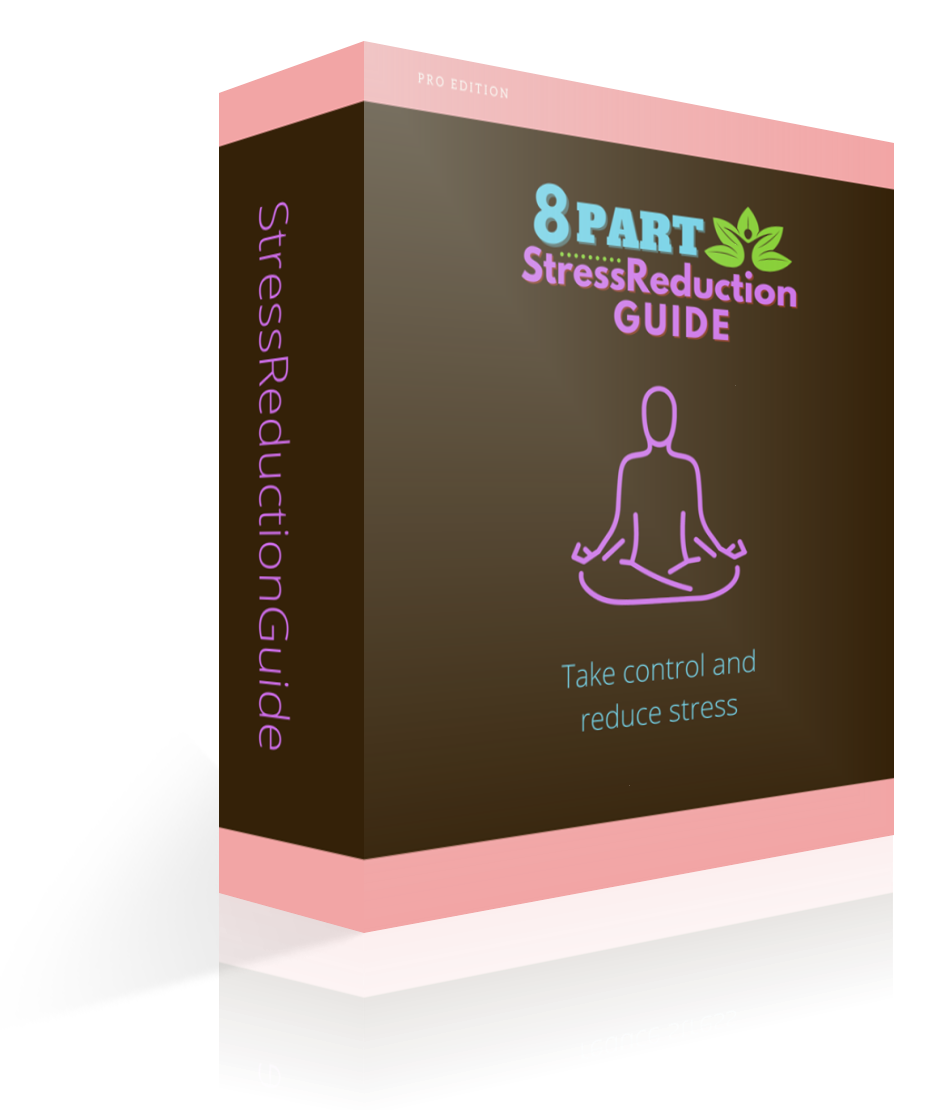Have you ever felt overwhelmed by the constant demands of modern life? Maybe you’re finding it hard to concentrate, or perhaps the juggle between work, family, and personal time has become a struggle. It’s easy to get caught up in the whirlwind of obligations and distractions, but it doesn’t have to be this way. The quest for simplicity is a journey many are starting to embrace, and one effective approach is through Mindful moments.
Understanding Mindful Moments
What Are Mindful Moments?
Mindful moments are brief periods where you intentionally focus on the present. These moments can be as brief as a few seconds or as long as you wish. The goal is to bring your attention to what is happening right now without judgment.
The Importance of Mindfulness
Mindfulness helps you manage stress, enhance your concentration, and improve your overall well-being. Research shows that practicing mindfulness can lower cortisol levels, the body’s primary stress hormone, leading to better mental and physical health.
The Journey to Simplicity
Simplifying your life starts with recognizing what truly matters to you. Oftentimes, this realization comes through mindful practice. Finding simplicity involves shedding unnecessary complexity, which allows you to focus on what you value most.
Evaluating Your Priorities
Ask yourself:
- What activities bring me joy?
- Are there commitments that drain my energy?
- How can I align my daily actions with my core values?
Consider creating a table to map out your responses:
| Activities that Bring Joy | Energy-Draining Commitments | Alignment with Core Values |
|---|---|---|
| Reading a book | Excessive meetings | Pursuing lifelong learning |
| Spending time with family | Unnecessary errands | Building strong relationships |
Decluttering Your Mind
A cluttered mind can often feel like a chaotic room, leaving you feeling overwhelmed and unfocused. By decluttering your mind, you create space for clarity and simplicity.
Practical Steps to Declutter Your Mind
- Write It Down: Keep a journal to note things that worry you or require your attention.
- Prioritize Tasks: Listing tasks can help you manage them effectively.
- Mindful Breathing: Regularly practice mindful breathing to center your thoughts.

Integrating Mindfulness into Daily Life
Morning Routines
Starting your day with mindfulness can set a positive tone. Consider beginning with a short meditation or mindful breathing exercise. These practices can help you feel grounded and ready to face the day.
Example of a Mindful Morning Routine
- Wake Up Early: Give yourself time before the day’s demands begin.
- Hydrate: Drink a glass of water mindfully, paying attention to the sensation.
- Meditate: Spend 10 minutes in a quiet place to meditate.
- Set Intentions: Write down three things you want to achieve or feel today.
Mindful Eating
Eating mindfully involves savoring your food and being fully present during meals. This practice helps in better digestion, enjoying food more, and making healthier eating choices.
Tips for Mindful Eating
- Chew Slowly: Enjoy each bite by chewing slowly and thoroughly.
- Avoid Distractions: Turn off screens and focus solely on your meal.
- Appreciate Your Food: Take a moment to appreciate the journey of the food to your plate.
Incorporating Mindful Breaks
Taking breaks throughout your day can rejuvenate your mind and enhance productivity. Even a few minutes can make a big difference.
Techniques for Mindful Breaks
- Breathing Exercise: Close your eyes and take deep breaths for two minutes.
- Stretch: Perform simple stretches to release physical tension.
- Listen to Nature: If possible, step outside and listen to the sounds of nature, noticing the different sounds around you.
The Long-Term Benefits of Mindfulness
Mental Clarity
Over time, mindfulness can improve your mental clarity by helping you focus and reduce anxiety.
Emotional Regulation
Mindful practices foster better emotional regulation, allowing you to manage your reactions to stressful situations more effectively. Regular meditation has been shown to increase the gray matter in the brain areas linked to emotion regulation.
Physical Well-being
Mindful moments can also contribute to physical health. Lowering stress through mindfulness can decrease the risk of chronic illnesses such as heart disease, and improve your immune system.
Enhanced Relationships
Mindfulness helps enhance your relationships by allowing you to be fully present with others. When you listen with full attention and speak thoughtfully, it nurtures stronger and more satisfying relationships.

Mindfulness Techniques to Try
Body Scan Meditation
This technique involves focusing on different parts of your body from head to toe, and noticing any sensations without trying to change them.
Loving-Kindness Meditation
Loving-kindness involves extending compassion and love towards yourself, loved ones, and even those you have conflicts with. It can foster feelings of connection and compassion.
Mindful Walking
Mindful walking is walking slowly and paying attention to each step and breathing pattern. It’s particularly useful if you find traditional sitting meditation challenging.
Overcoming Hurdles in Your Mindfulness Journey
It is essential to acknowledge that practicing mindfulness consistently can be challenging.
Common Obstacles
- Time Constraints: Feeling like there isn’t enough time in the day.
- Restlessness: Finding it hard to sit still and focus.
- Self-Judgment: Critiquing your ability to practice mindfulness effectively.
Effective Strategies to Overcome Obstacles
- Start Small: Even 1-2 minutes a day can make a difference.
- Be Patient: Mindfulness is a practice, not perfection. Allow yourself to be a beginner.
- Incorporate into Routine: Use existing habits as cues to practice; for example, take three mindful breaths before starting your car.

Expert Opinions and Success Stories
Hearing about success stories and expert opinions can provide encouragement and validation for your own journey.
Experts in Mindfulness
Thich Nhat Hanh
A renowned mindfulness teacher, Thich Nhat Hanh emphasizes the simplicity and beauty of mindful living. His teachings focus on breathing, walking, and finding joy in daily tasks.
Jon Kabat-Zinn
The creator of the Mindfulness-Based Stress Reduction (MBSR) program, Jon Kabat-Zinn, has contributed significantly to bringing mindfulness into the mainstream, especially in medical settings.
Success Stories
Many students who have practiced MBSR report less stress and anxiety, improved quality of sleep, and better concentration. Individuals recovering from surgeries or chronic pain have also found relief through mindful practices.
Community and Mindfulness
Mindfulness is often enhanced when shared with a community. Finding like-minded individuals can provide support and motivation.
Joining Mindfulness Groups
Consider joining a local or online mindfulness group. These communities often provide guided meditations, workshops, and a space to share experiences.
Community Events and Classes
Many places offer mindfulness and meditation classes. Participating in these can help you stay committed and learn new techniques.
![]()
Conclusion: Lead a Simpler, More Fulfilled Life
In the chaos of daily life, the pursuit of simplicity can feel like a distant dream. However, through practice and intentionality, mindfulness offers a pathway to finding that simplicity. By integrating mindful moments into your daily life, you can cultivate a sense of peace and clarity, making life’s demands feel more manageable.
Remember, the journey to mindfulness and simplicity is personal and unique. It’s not about instant transformation but gradual and meaningful change. Start small, be patient with yourself, and celebrate each mindful moment as a step toward a simpler, more fulfilled life.




